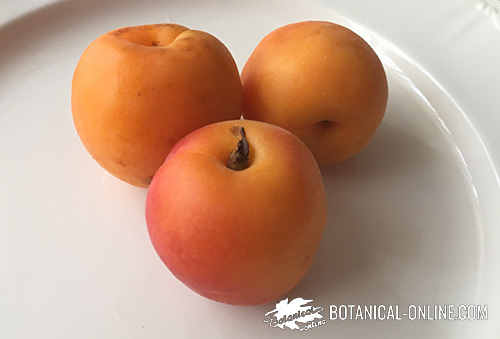Contents
Advantages of transgenics
The advantages of genetic engineering are many. One of the most important is that, thanks to transgenic technology, it is possible to manufacture human insulin, which saves people with diabetes daily. But do not confuse the benefits of genetic engineering with the benefits of transgenic plants, which still have much research in this regard.
Points in favor of GM foods
Among the possible disadvantages that transgenics can have, we have the other side of the coin of its advantages, which are summarized in the following list:
- Improvements in seeds, which improve their composition and requirements
- Benefits for the environment, in some cases, or theoretically
- Nutritious and seemingly safe foods for health
- End hunger in the world?
- Benefits for the GM farmer
- Economic powers
Improvements in seeds and GM foods

GMOs allow to create crops resistant to hostile climates. Genetic engineering could be a solution to produce plants adapted to drought or the increase in the temperature of the planet (global warming), being of utmost importance for the food of the future.
On the other hand, it also allows plants enriched in certain vitamins or minerals to be created. The most popular example is golden rice, which is a rice plant to which some genes have been added to produce beta-carotene, with pro-vitamin A properties. Unfortunately, this does not automatically mean that vitamin A deficiency is terminated. Endemic to developing countries, as the problem of malnutrition, they are socioeconomic problems , and, in addition, there could be other solutions that did not go through the use of GMO seeds.
Benefits of GMOs for the environment (?)
The second great advantage is that transgenic technology allows plants to be more resistant to certain insects and pests, with the consequent saving of chemicals to eradicate them. The classic example is Bt corn, one of the first transgenic that was produced. It consisted of introducing the gene of a bacterium (Bacillus thuringiensis) so that the plant produces a toxic substance (Cry protein) for the larvae of an insect that seriously harms the crops. This discovery was what inspired the research of new transgenics.
Theoretically, transgenics can benefit the environment because they require less use of agrochemicals, however, it could be that the pesticides currently used are more aggressive to the environment than those traditionally used.
It seems that the tendency is to produce seeds and their specific pesticides, instead of carrying the pesticide incorporated into the plant’s DNA or genetic material, which for companies involves selling 2 products instead of 1.
Benefits for the GM farmer
Thanks to the use of specific products for each crop. They can use a very aggressive product, with which many plants die, except GMOs, which are resistant and thus see the profitability of the field increased, with a lower risk of economic losses due to pests (despite the negative impact on the ecosystem). This allows to have a harvest totally free of pests and weeds and therefore very profitable economically, at least in the short term.
Thanks to the economic security of transgenic seeds, it is possible to create huge monoculture extensions. Most of these crops are from transgenic soybeans, which are used to produce feed to feed animals, which will then be used for human consumption. Without GMO crops it would not be possible to produce the huge quantities of meat that is currently produced. Sadly, this meat does not serve to solve world hunger, but usually responds to recreational consumption, fast food type hamburgers.
On the other hand, the legislation leaves those farmers whose fields are contaminated by neighboring transgenic crops defenseless.
Will GMOs end hunger in the world?
The problem of hunger in the world is not because of food shortages, but because there are people too poor to buy food. It is a socioeconomic problem.
Nutritious and seemingly safe foods for health (?)
GMOs have proven to be nutritious, as thousands of animals and people are fed daily with food produced from transgenic seeds. However, the long-term health effects are unknown. If any, in the absence of scientific studies and research free of conflicts of interest.
![]() More information on transgenics
More information on transgenics








